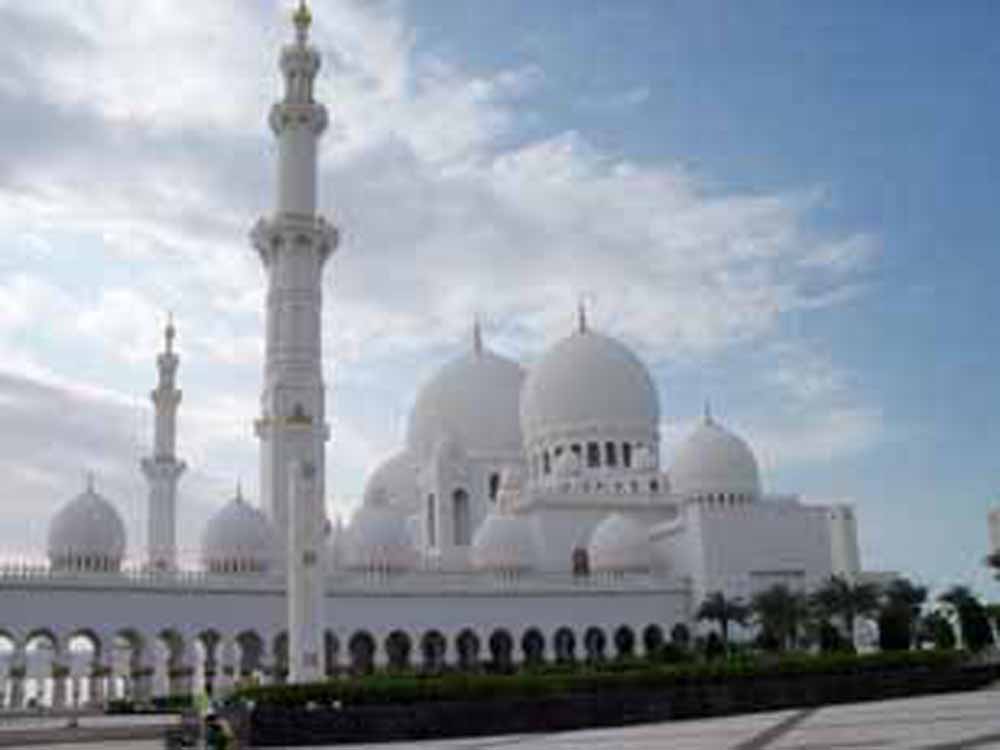Abu Dhabi visitor numbers expected to keep growing
By admin Thursday, 19 February 2015 5:23 PM

Abu Dhabi expects to grow visitor numbers this year even as a stronger dollar, falling oil prices and a rising supply of available hotel rooms have an impact on the tourism sector.
Last year a record 3.49 million tourists visited the emirate, according to the Abu Dhabi Tourism and Culture Authority (TCA Abu Dhabi).
Arrivals increased by 25 per cent, exceeding last year’s target by nearly 400,000. This year’s target had been set at 3.5 million.
“Indications are that 2015 will provide a more challenging operating environment, but we are committed to drive the sector,” Jasem Al Darmaki, the acting director general of TCA Abu Dhabi, said yesterday.
Rashid Aboobacker, a senior consultant with TRI Consulting, said that growth was helped by an uplift in both corporate activity on the back of large real estate and infrastructure projects, such as Etihad Rail and Khalifa Port, and significant growth in the leisure segment, particularly from India and China.
“The market is likely to face some challenges this year that include a possible diversion of some [Arabian Gulf] tourists to Europe due to a weak euro against dollar, the potential impact of low oil prices on the sector if the prices remain low for a longer period of time, and the growth in supply expected this year,” said Mr Aboobacker.
India was again the largest foreign source market last year as 231,702 guests, or 32 per cent more than in 2013, checked into hotels, TCA Abu Dhabi said. Abu Dhabi’s next biggest source markets are the UK, Germany, China, which grew the fastest in terms of number of tourists, and the US.
Guests from other emirates comprised 1 million of the total number of visitors, an increase of 20 per cent on 2013.
Within the region, Saudi Arabia was the largest source market.
Last year, visitors stayed on average 2.99 nights, which was down from 3.13 nights in 2013.
The average room rate in the emirate dipped to Dh442 last year, from Dh448 the previous year. The cheaper room rates meant hotels were more attractive in the emirate compared to its neighbour Dubai. The average occupancy rate in Abu Dhabi was 75 per cent in 2014, 6 per cent higher on the previous year.
Total hotel revenues rose 14 per cent to Dh6.28 billion, of which room revenue comprised Dh3.26bn, up 15 per cent on 2013. The income from food and beverage sales rose by 11 per cent to Dh2.33bn.
The supply of hotel rooms continued to grow in the emirate, with 10 more properties added over the past year. Abu Dhabi now has 160 hotel and hotel apartment properties, accounting for 28,374 rooms.
Meanwhile, in Ras Al Khaimah, the tourism agency reported revenues of Dh1bn for the first time as guests stayed longer in 2014. Its major source markets apart from tourists from within the UAE, include Germany, the UK, Sweden, Russia, Italy, Switzerland and India.




























Add new comment